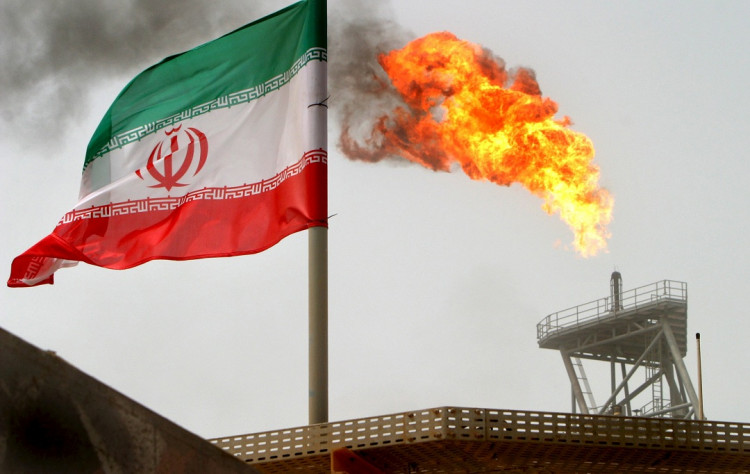Oil prices surged sharply in early Asian trading Monday as Israel and Iran launched direct attacks on each other's energy infrastructure, stoking fears of wider supply disruptions across the Middle East. Brent crude futures rose $2.37, or 3.2%, to $76.60 per barrel, while U.S. West Texas Intermediate climbed $2.39, or 3.3%, to $75.37. Both benchmarks had settled 7% higher Friday, after jumping more than 13% during the session.
The escalation follows Israel's coordinated airstrikes over the weekend targeting Iran's energy network, including the Shahran fuel depot in northern Tehran, which supplies roughly 8 million liters of gasoline daily. Iran's Shahr Rey refinery, one of its largest, was also hit, triggering massive fires and deepening concerns over domestic fuel shortages. Iran's oil ministry reported that at least 11 storage tanks were destroyed.
In response, Iran launched drones and missiles at Israeli sites, including the Haifa oil refinery. While Israeli officials stated their focus was on military assets, Tehran accused Israel of intentionally striking civilian energy infrastructure.
Israel also struck Phase 14 of Iran's South Pars gas field, the world's largest and shared with Qatar. The strike temporarily halted production of approximately 12 million cubic meters of gas. Iranian officials said the blaze was later contained, but the attack marked the first direct hit on a critical node in the country's natural gas system.
Iran relies heavily on South Pars for domestic energy, as sanctions prevent the export of its gas. The incident underscores growing threats to the region's energy backbone and intensified concerns about the Strait of Hormuz, a key oil transit chokepoint. While fears of a full blockade remain limited, analysts warned that sustained conflict could lead to longer-term market instability.
Germany's Chancellor Friedrich Merz said he hoped Group of Seven leaders meeting in Canada would "reach an agreement to help resolve the conflict and keep it from escalating."
U.S. President Donald Trump posted on Truth Social Sunday urging a resolution and expressing concern over oil market volatility. "Iran and Israel should make a deal," he wrote. "Many calls and meetings now taking place."






